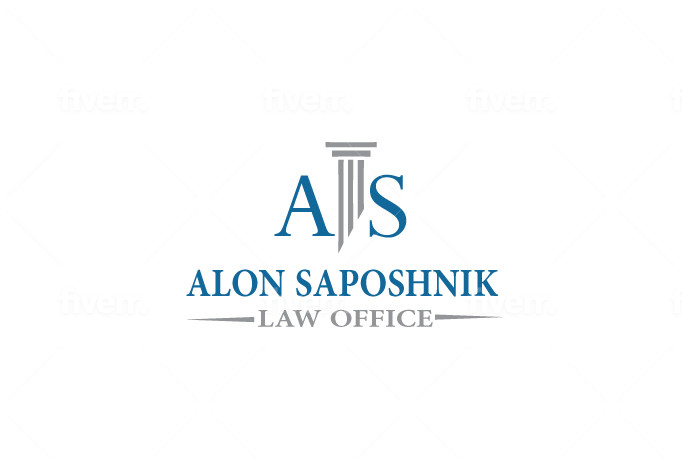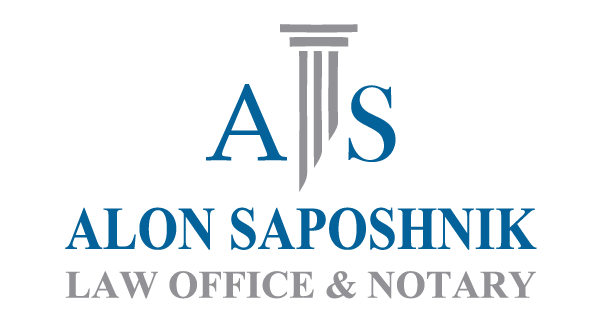
While working in a company, employee acquires knowledge and information related to company’s business, products, technology etc. Such knowledge or business information can be for example information on new product or technology which the company is developing, or even customers list or suppliers lists of the company.
On the other hand, the business information to which the employee is exposed to while working in the company, belongs to the company, and as a result, constitutes a sensitive commercial asset for the company. Usually, the company will be interested to protect this asset and try to prevent it from reaching to competitors of the company.
This is not a simple challenge in view of today’s labor market, which is characterized by being a dynamic and flexible market in which it is normal standard to move between jobs frequently. Take for example the following case. In the course of his work, an employee is being exposed to business information about a new product of the company. The knowledge that the employee possess is a very valuable knowledge in a way that grants the company a great advantage over its competitors which are active in the same market in which the company is also active in. The employee informs the company that he decided to finish his work in the company and few weeks after he leaves, the employee starts to work in a large competitor of the company, where the employee is expected to use the business information and the knowledge he accumulated while his employment term in the company.
One of the tools which are available for Israeli companies to protect their trade secrets in such case is the Israel Commercial Torts Law, 5759-1999 (“Law”). The Law allows the recognition of business information as a “trade secret” and turns the trade secret to a protectable asset.
The Law states that business information can qualify as trade secret. In order to assess if certain business information qualifies as trade secret, company needs to file a lawsuit where it must describe and specify the trade secret. It important to note, that general description or a general claim that business information such as software, formula, or customer list qualifies as “trade secret” should not suffice, but rather it must be proved that the trade secret is not in the public domain and that it cannot be easily discovered by others; in addition, the trade secret should give its owner a business advantage over its competitors; and its owner must show it takes reasonable measures to maintain confidentiality. Moreover, the company must prove that it took reasonable measures to ensure the protection of the trade secret from exposure to competitors, and third parties.
The Law prohibits employee from using trade secret without the consent of its owner. In addition, the Law states that the violation of Law grants the owner of trade secret the right to claim compensation in the amount of NIS 100,000 for each violation without the need of proving a damage. In addition, the Law makes it possible for owner of trade secret, to claim and receive an injunction against a person making unlawful use of trade secret. Such injunction can prevent employee and the competitor from making unlawful use of a trade secret.
Protecting trade secrets while employees constantly changing jobs is indeed a challenging task. Here are some recommendations which may help protect trade secrets: Make use of legal tools allowing you to take legal action against unlawful use of trade secrets. It’s also possible to have employees sign confidentiality agreements and to refresh existing employment agreements. It’s also recommended to protect trade secret by implementing best practices and security measures which aim to prevent employees from unlawful use in trade secrets and from disclosing business information to competitors. This is not an exhaustive list, and off course other ways exist to protect trade secrets but most importantly act and safeguard your trade secrets.
*****
The above information does not intend to constitute legal advice and cannot relied upon. One should seek specific professional advice for the application of the law in any specific situation.
Alon Saposhnik, Law Office @ all rights reserved
Tel: + 972 – (0) 72 – 250 25 12


